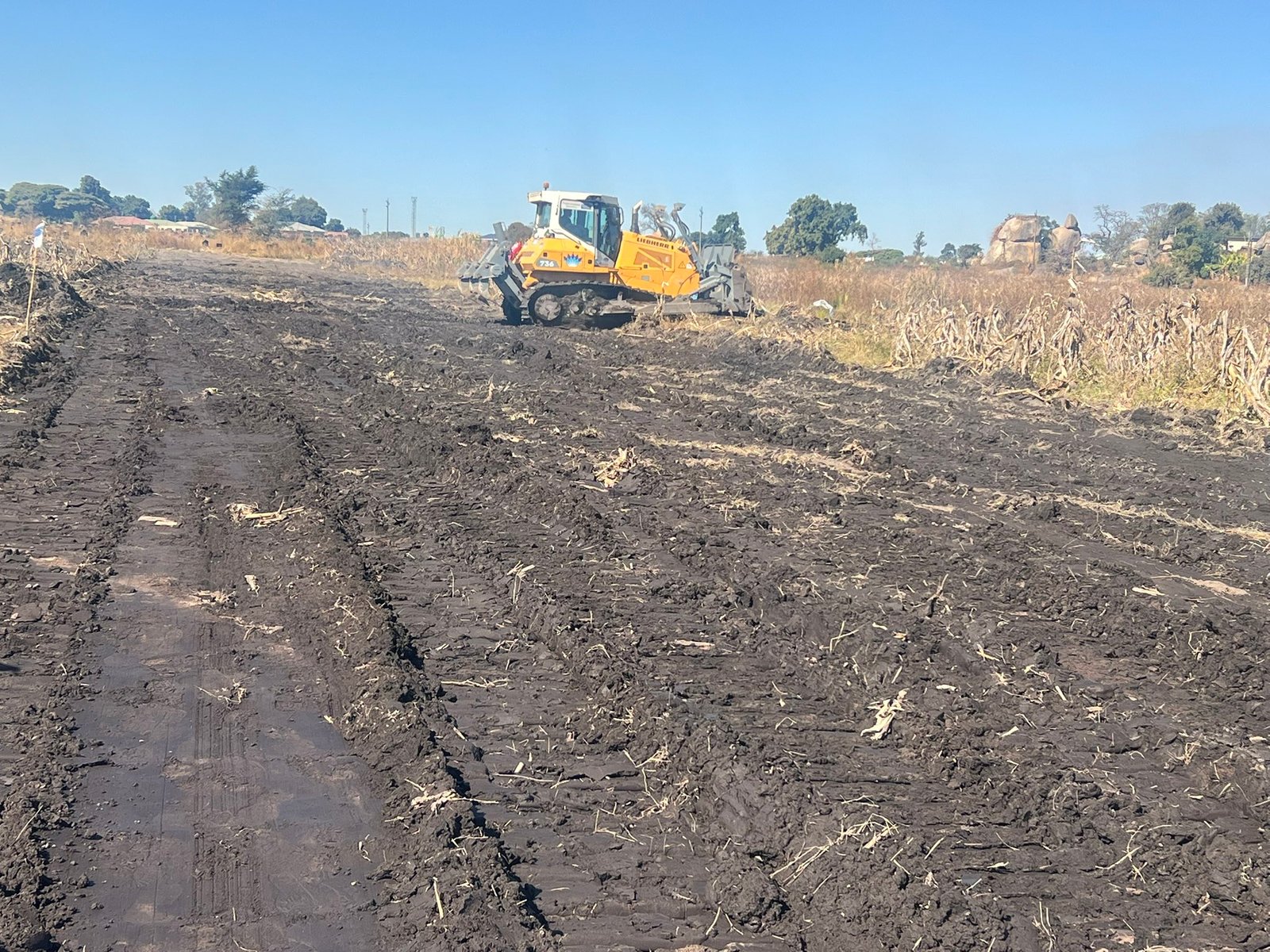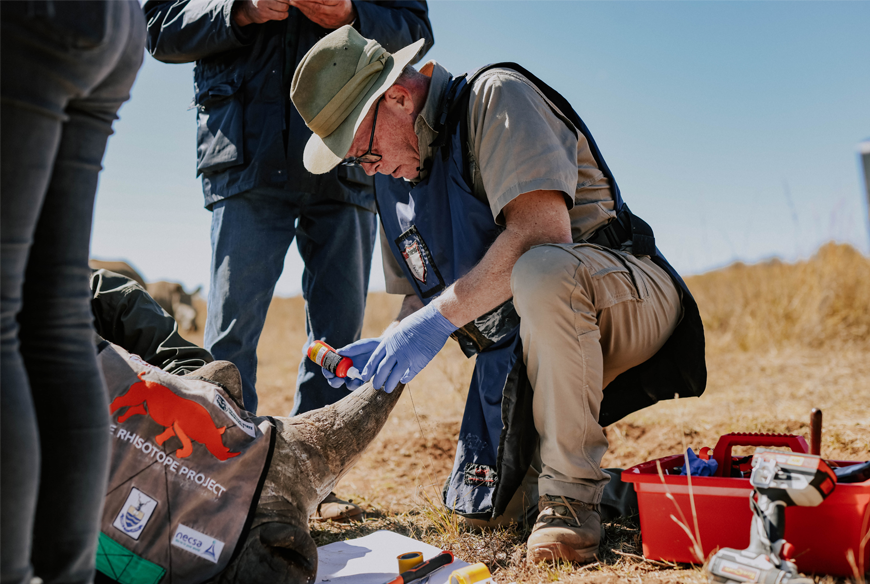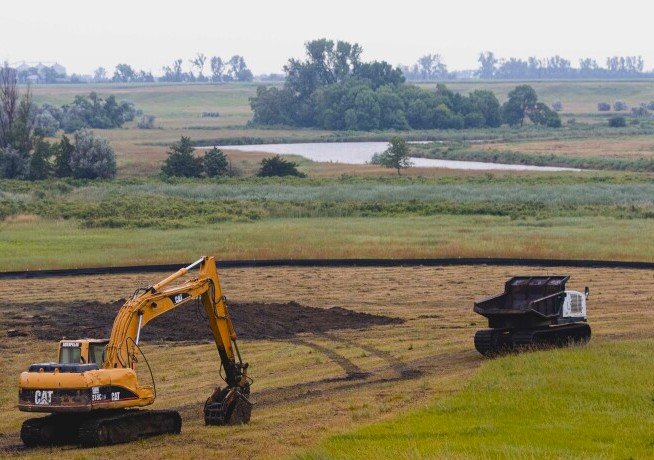The Zimbabwean government, in partnership with the African Development Bank (AfDB), has launched a significant initiative to bolster climate resilience within State enterprises and parastatals (SEPs).
The move, part of the Institutional Support for State Enterprises Reform Project, seeks to integrate climate action into key economic sectors through a structured framework.
Speaking at a workshop on the Development of Climate Change Resilience Guidelines for SEPs, Mr. Onesimo Musi, executive director of the State Enterprises Restructuring Agency (SERA), stresses the critical role of SEPs in both economic transformation and climate change mitigation.
“State enterprises and parastatals operate in sectors that are highly sensitive to climate change, including energy, mining, manufacturing, agriculture, and transport,” he said.
“This makes it imperative for them to adopt sustainable practices that align with national and global climate goals.”
The workshop, organized by the Office of the President and Cabinet, SERA, research agencies, and the AfDB, brought together stakeholders to develop comprehensive guidelines.
These guidelines will serve as a roadmap for SEPs to integrate climate adaptation measures, monitor performance, and improve access to climate finance.
Mr. Musi highlighted the dual role of SEPs as both economic drivers and policy tools for the government. He noted that the combined impact of climate change and the economic fallout from the Covid-19 pandemic has made reforms urgent.
“This workshop is a crucial platform for dialogue, knowledge sharing, and collaboration,” he said.
“It is through such engagements that we can refine these guidelines to ensure they drive effectiveness, efficiency, and sustainability in our climate response efforts.”
The guidelines mark a milestone in Zimbabwe’s climate policy framework, aligning with the country’s National Development Strategy 1 (NDS1) and its commitments under the Paris Agreement. The initiative underscores the government’s push to ensure that state-owned entities not only contribute to economic growth but also lead in the fight against climate change.
Zimbabwe has been actively strengthening its climate resilience efforts in response to the severe impacts of climate change, including droughts, erratic rainfall, and extreme weather events that threaten agriculture, water resources, and economic stability. Key initiatives include the National Climate Change Response Strategy (2015) and the National Development Strategy 1 (2021-2025), which integrate climate adaptation into national planning.
The country has also committed to reducing greenhouse gas emissions under the Paris Agreement through its Nationally Determined Contributions (NDCs). International partnerships with organizations like the African Development Bank (AfDB) and the Green Climate Fund (GCF) have supported projects in renewable energy, climate-smart agriculture, and water resource management.




